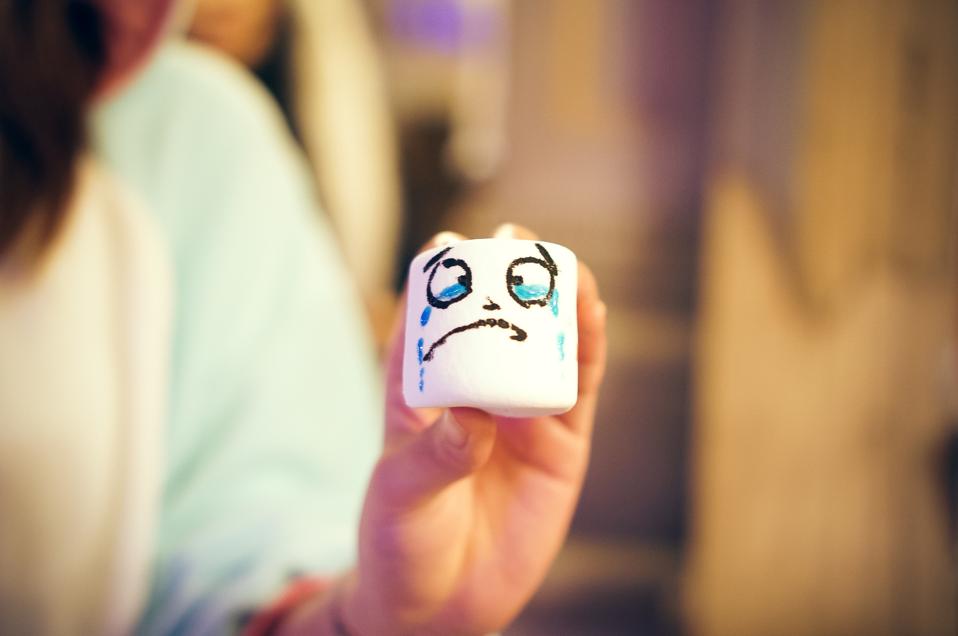A small study of 93 women found that those who felt lonely or socially isolated also had altered activity in specific regions of the brain responsible for food cravings and higher motivation towards wanting to eat sugary foods. Women with those neural responses also reported having unhealthy eating habits and poor mental health.
“It is possible that socially isolated individuals may experience stronger cravings and consumption of foods and beverages that rapidly raise blood glucose levels. Sweet food is also highly rewarding, with an analgesic effect that can reduce the social pain associated with social exclusion,” the researchers explained in their study.
“Loneliness is an entirely subjective state and doesn’t necessarily rely on the quantity of one’s social relations,” they added. “When mental health disorders affect an individual’s capacity to self-regulate emotional well-being, binge eating behaviors may emerge as a coping mechanism to combat the negative effect perceived during prolonged periods of social isolation.”
Prior studies have revealed that people who were experiencing loneliness also displayed increased activation in three areas of the brain (ventral striatum, insula, nucleus accumbens). That altered brain activity can result in intense cravings that researchers have observed among individuals with drug and food addiction.
To further investigate the association between loneliness and obesity, Arpana Gupta, a researcher and co-director of the UCLA Goodman-Luskin Microbiome Center, and colleagues recruited 93 women based in Los Angeles, California. The team then collected each participant’s data which included their body mass index (BMI), dietary preferences and habits, socio-economic status, race, age, and ethnicity. The women were aged 18 to 50 years old. While 59% identified as Mexican, the other 41% were Filipino.
They surveyed each participant and asked questions related to their support system and whether they felt lonely or socially isolated. They then divided the participants into two groups: those who scored high on the perceived social isolation scale and those who had low scores.
Each woman underwent MRI scans while being shown pictures of food and non-edible items. They were also made to look at pictures of sweet and savory food items.
The women participants who self-reported feeling lonely or socially isolated had higher fat mass, were eating lower quality food, and were more likely to have cravings for unhealthy food and experience episodes of uncontrolled eating.
“Our findings imply that loneliness may reshape the brain’s processing of food cues by heightening individuals’ sensitivity to appetite-related internal states, increasing the salience or motivation in response to external food cues, all while potentially compromising executive control,” the researchers noted. “In examining the neural links between social isolation and brain reactivity to food cues, sweet foods appear to exert a more pronounced and overarching influence compared with savory foods.”
“Reactivity to food cues, especially sweet foods, in socially isolated individuals is associated with an exacerbation of maladaptive eating behaviors, including cravings, heightened reward-based eating drive, and symptoms of food addiction. This brain reactivity serves as a mediator, bridging the connection between social isolation and eating behaviors, as well as an increase in body fat percentage,” they added.
In a press release, Gupta and team suggested that one way to break out of the vicious cycle of feeling lonely and consuming high-calorie, sugary foods was to first become aware that you are experiencing loneliness and feeling socially isolated. While seeking connections with others might help, they said practising self-compassion could be another solution.
The study was published in JAMA Network Open on April 4, 2024.

